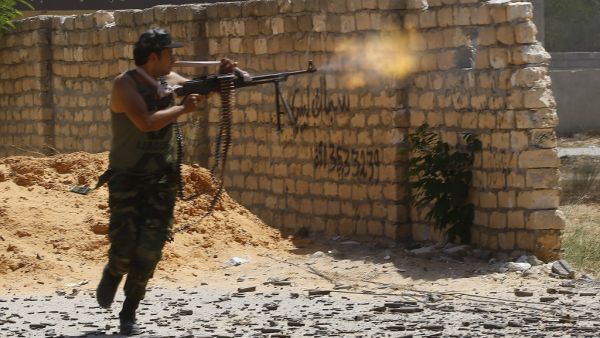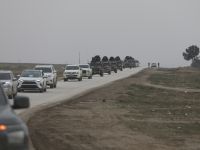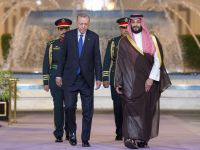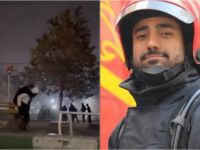The UN Security Council on Tuesday ratified the ceasefire hammered out between Libya’s warring parties on October 23, calling on both sides to “implement the agreement in full,” diplomats said.
The declaration is to be followed up soon by a UN resolution, diplomatic sources said.
“The members of the Security Council welcomed the permanent ceasefire agreement” signed in Geneva under the aegis of the UN, and called on “the Libyan parties to abide by their commitments.”
The Security Council also called on the two sides “to show the same determination in reaching a political solution” when they meet to discuss the issue further on November 9 in Tunisia, the declaration added.
It also cited the need for countries and parties to respect the arms embargo imposed on Libya in 2011 and to end any outside intervention in the country’s internal affairs.
The warring factions in Libya signed a ceasefire accord last Friday, effective immediately, after five days of talks in Geneva facilitated by the United Nations, which called the agreement a “turning point” for the war-ravaged North African country.
Libya descended into chaos and strife after the NATO-backed uprising which overthrew the regime of longtime ruler Muammar Qaddafi in 2011. The country eventually split into two main factions — the Government of National Accord (GNA) in Tripoli, backed by Turkey and Qatar, and the forces of the Libya National Army (LNA) led by Field Marshal Khalifa Haftar, based in the east of the country, backed by Egypt and Russia.
Preparing next steps
Dozens of Libyan delegates Monday opened a political dialogue via videoconference as a step towards holding elections after the landmark ceasefire agreement between warring sides.
The UN mission in Libya said the political talks, which it is brokering, would pave the way for the “direct, in person meeting” of the Libyan Political Dialogue Forum (LPDF) on November 9 in the Tunisian capital.
The goal of the LPDF would be to “generate consensus on a unified governance framework and arrangements that will lead to holding national elections,” it said.
On Friday, Libya’s rival administrations signed a “complete and permanent ceasefire agreement with immediate effect” after five days of talks in Geneva.
The UN mission said Monday’s videoconference comes as “an overwhelming sense of hope emerged in Libya” after the signing of the permanent ceasefire deal.
It said 75 Libyan figures were taking part, including representatives of its rival parliaments and civil society activists, several of them women.
Participants were “drawn from different constituencies, based on the principles of inclusivity, fair geographic, ethnic, political, tribal, and social representation,” it said.
This article has been adapted from its original source.








